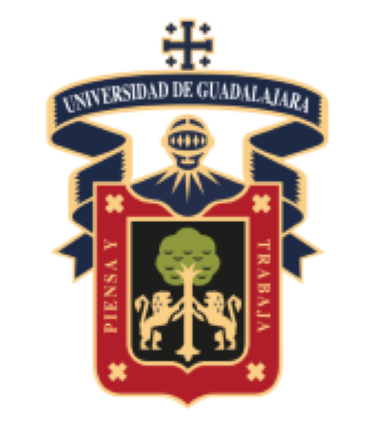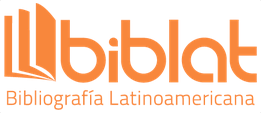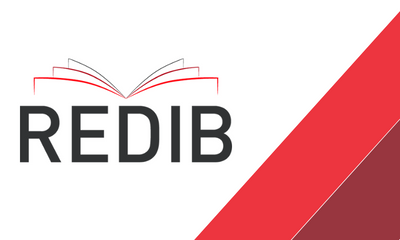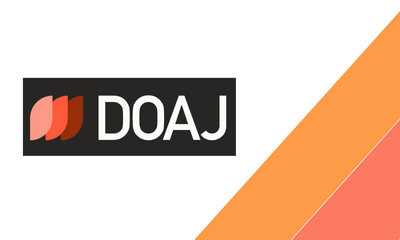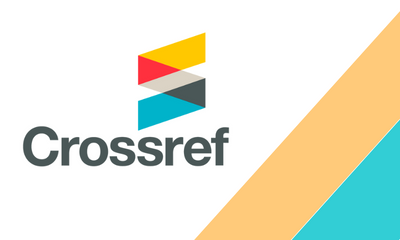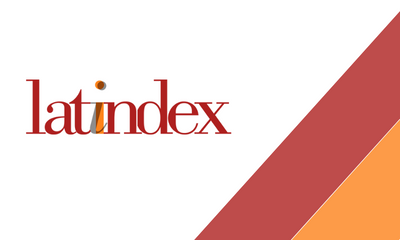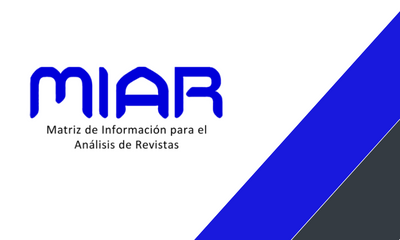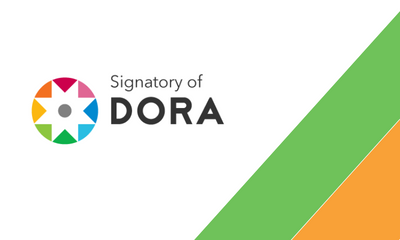logo udg
Information
Developed By
Language
Make a Submission
Keywords
InterNaciones is a biannual publication edited by the University of Guadalajara, through the Department of International Studies of the Division of Political and Social Studies of the University Center for Social Sciences and Humanities of the University of Guadalajara (CUCSH), with address in Los Belenes. Av. José Parres Arias #150, San José del Bajío, C.P. 45132. Zapopan, Jalisco, Mexico. Phone: +52 (33) 38193301 /14. Editor-in-chief: Dr. Lourdes Margarita Arce Rodríguez. Email internaciones@academicos.udg.mx. Reservation of Rights to Exclusive Use 04-2014-041113531000-203, ISSN: 2007-9834, granted by the National Institute of Copyright. Legality of title and content: 16629, granted by the Qualification Commission of Publications and Illustrated Magazines of the Ministry of the Interior. Layout by Publicaciones de la Noche, S de RL de CV, Madero 687, colonia Centro, C.P. 44100, Guadalajara, Jalisco, Mexico.
The opinions expressed by the authors do not necessarily reflect the position of the journal.
The total or partial reproduction of the contents and images of the publication is strictly forbidden without prior authorization from the University of Guadalajara.

